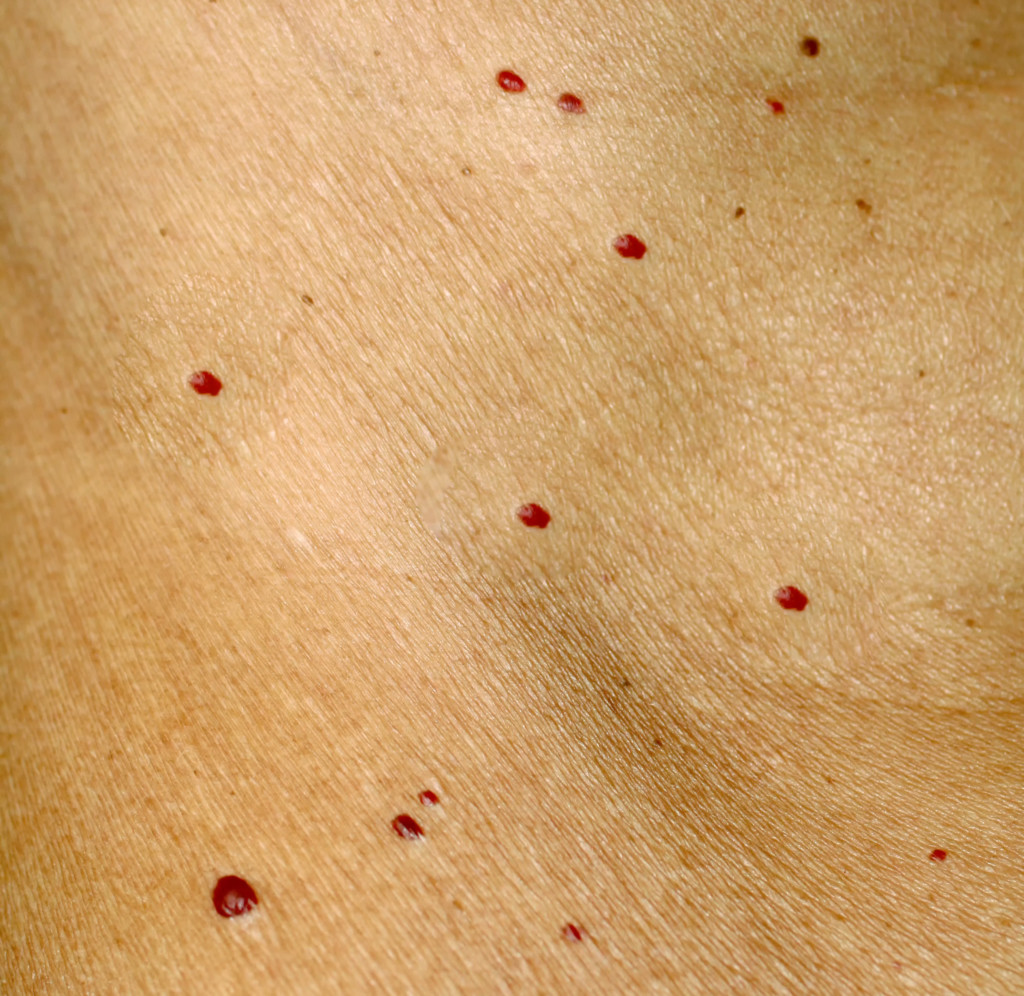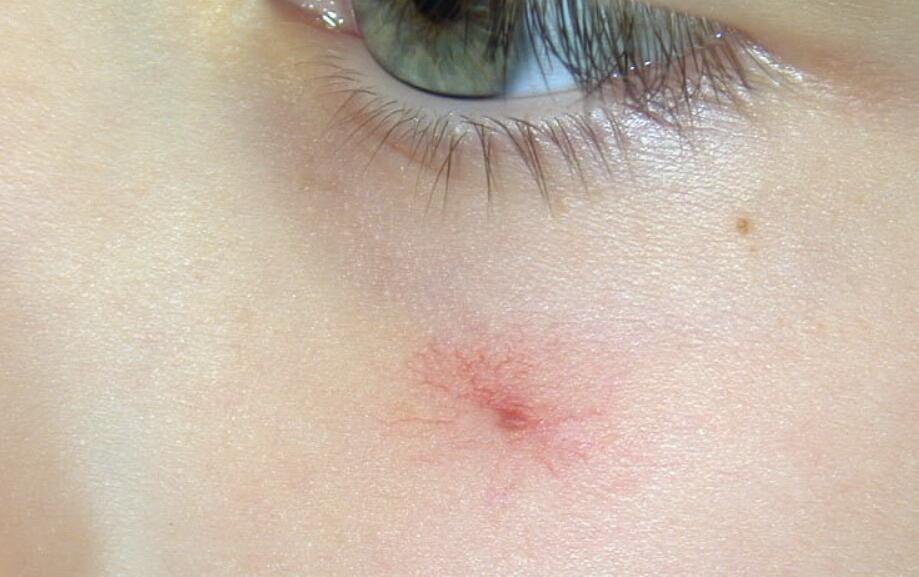Decoding Those Tiny Red Bumps on Your Skin
Have you ever noticed small, red, raised dots on your skin and wondered what they are? These tiny bumps can be alarming, but understanding their potential causes can help alleviate concerns and guide you towards appropriate action. This article explores the various reasons behind these skin irritations, ranging from harmless reactions to underlying medical conditions. We'll delve into effective treatments, home remedies, and when it's crucial to seek professional medical advice.
Skin changes are a common occurrence, and small red bumps can manifest in various ways. They might appear as clusters, be scattered individually, or even form a rash. They can be itchy, painful, or completely asymptomatic. Identifying the specific characteristics of your red bumps – such as their size, shape, texture, and associated symptoms – is crucial for accurate diagnosis and treatment. This article aims to equip you with the knowledge to better understand these skin manifestations.
The appearance of small red, raised spots on the skin can stem from a multitude of factors. Common culprits include allergic reactions to irritants like certain fabrics, cosmetics, or plants. Insect bites are another frequent cause, often leading to itchy welts or pimples. Infections, such as chickenpox or shingles, can also present as raised red spots. Furthermore, skin conditions like eczema, psoriasis, and keratosis pilaris can cause similar symptoms. Understanding the distinct features of each potential cause is essential for determining the appropriate course of action.
While many red bumps on the skin are benign and resolve on their own, some may indicate a more serious underlying condition. For instance, petechiae, which are tiny red or purple spots caused by bleeding under the skin, can be a sign of a bleeding disorder or infection. Changes in existing moles, such as the development of redness, itching, or irregular borders, should always be evaluated by a dermatologist to rule out skin cancer. Therefore, it's essential to be vigilant about any changes in your skin and seek medical advice when necessary.
Navigating the world of skin conditions can be overwhelming. This article serves as a valuable resource, providing information and guidance to help you understand those small, red, elevated marks on your skin. We'll explore various potential causes, discuss when to seek medical attention, and offer practical tips for managing and treating these common skin concerns. Remember, knowledge is power, and understanding your skin is the first step towards maintaining its health and well-being.
Historically, skin blemishes have been interpreted in various ways, often attributed to imbalances in the body or supernatural causes. Today, we have a much more scientific understanding, recognizing the complex interplay of factors like genetics, environment, and immune response. Understanding these intricate processes empowers us to take a proactive approach to skin health.
While some raised red spots may offer clues to internal conditions, they don't typically provide significant physiological benefits. It's their underlying cause that holds the true significance.
If you're concerned about persistent or changing red bumps, consult a dermatologist. They can perform a thorough examination and provide an accurate diagnosis. For mild cases, over-the-counter hydrocortisone creams can help reduce itching and inflammation. Maintaining good skin hygiene and avoiding known irritants can also help prevent future occurrences.
Advantages and Disadvantages of Having Little Red Raised Dots on Skin (if related to a specific condition)
It's important to note that discussing advantages and disadvantages without a specific condition context is misleading. Red bumps are symptoms, not conditions themselves. Therefore, this section cannot be accurately populated without knowing the specific skin issue.
Frequently Asked Questions:
1. What are some common causes of small red raised dots on the skin? (A: Allergies, insect bites, infections, skin conditions like eczema)
2. When should I see a doctor about red bumps on my skin? (A: If they are painful, change in appearance, spread rapidly, or are accompanied by other symptoms)
3. Can stress cause red bumps? (A: Stress can exacerbate existing skin conditions but is rarely the sole cause of red bumps)
4. Are all red bumps itchy? (A: No, some can be painless and asymptomatic)
5. What are some home remedies for itchy red bumps? (A: Cool compresses, oatmeal baths, aloe vera gel)
6. How can I prevent red bumps on my skin? (A: Avoid known irritants, practice good hygiene, manage stress)
7. Are red bumps contagious? (A: Depends on the underlying cause. Infections like chickenpox are contagious, while eczema is not.)
8. Can red bumps leave scars? (A: Some can, especially if scratched excessively. Avoid picking or scratching.)
Tips for managing red bumps: Keep the affected area clean, avoid harsh soaps, and moisturize regularly. Avoid tight clothing that can irritate the skin.
In conclusion, the appearance of small, red, raised dots on your skin can be caused by a variety of factors, ranging from minor irritations to underlying medical conditions. While some are harmless and resolve on their own, others require medical attention. Recognizing the specific characteristics of the bumps, such as their size, shape, and accompanying symptoms, is essential for determining the appropriate course of action. By understanding the potential causes and taking proactive steps, you can effectively manage these skin manifestations and maintain healthy, vibrant skin. If you're unsure about the cause of your red bumps or if they persist or worsen, consult a dermatologist for professional evaluation and guidance. Don't hesitate to take control of your skin health and seek the help you need. Your skin is a reflection of your overall well-being, so prioritize its care and address any concerns promptly for a healthier, more confident you.
Navigating the maze permohonan pertukaran lokasi pekerja asing
Express yourself unlocking the power of fondo de pantalla de emo
Navigating divorce the power of mediation agreements














